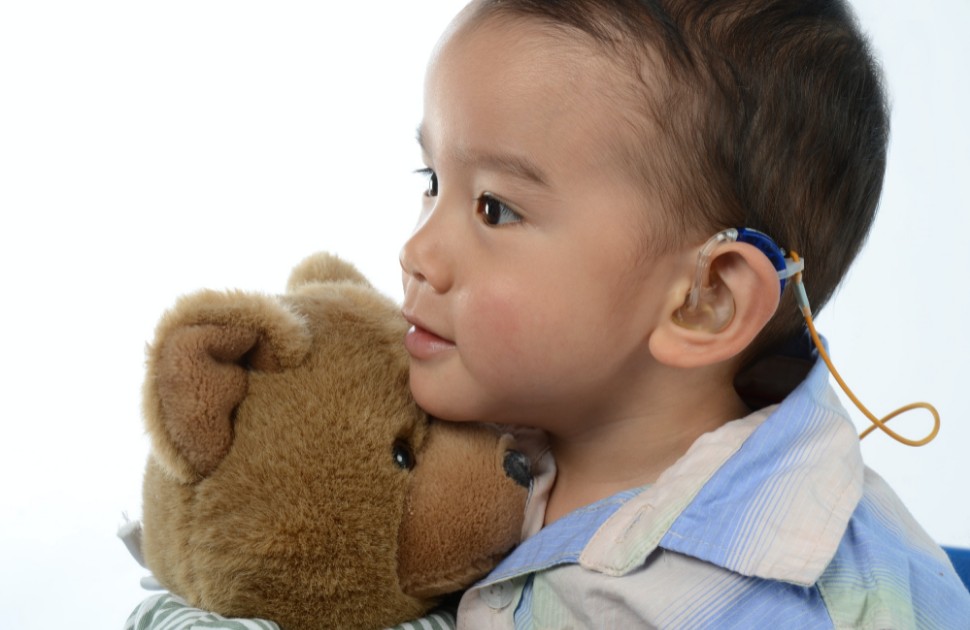CHEO is committed to providing information of public interest to media. We must balance that commitment with the responsibilities we have to our patients and their families. Their care and safety is our first priority and we are duty-bound to protect their right to privacy and confidentiality. That includes their right not to be interviewed, photographed or have any other information conveyed about them without their written consent.
Guidelines
All media inquiries about CHEO — including requests for interviews with staff and volunteers, or with patients and families on CHEO property — must go through media relations.
Media relations contacts
|
CHEO media relations |
|
media@cheo.on.ca |
|
CHEO Foundation media relations |
|
Katrina Bussey kbussey@cheofoundation.com 613-738-3969 |
Our latest news, statements and advisories
Media relations policy
CHEO has a media relations policy that governs all media related activities. As such, our media relations activities are conducted in the spirit of mutual respect and as part of a partnership that CHEO has established with the news media. Media relations at CHEO is anchored in the following principles:
- to respect the wishes of patients and families when asked to participate in media relations activities
- to ensure that, in the course of conducting media interviews and photography, the privacy and confidentiality of other patients is protected and safeguarded
- to respond promptly to media inquiries and coordinate media interviews in a fair and equitable manner
- to solicit news coverage that further enhances the profile of CHEO at the local and national level
- to conduct media relations activities in the spirit of transparency and accountability
Media visiting CHEO
While at CHEO, all members of the media must be accompanied by media relations staff (or a designate) for the duration of their visit.
Media relations must be notified in advance of an intended visit by the media to the hospital. Media relations staff (or a designate) will greet members of the media and escort them throughout their visit.
Cameras are not permitted in the Emergency Department.
Given the often stressful circumstances in NICU and PICU, cameras are usually not allowed on those units. Media relations will authorize some exceptions only after proper consultation with the parents, child life specialists and the nurse in charge.
Media relations for patients and families
Participation of CHEO patients and families in media relations activities while at the hospital are managed by media relations. Media relations will work with clinical staff to arrange for the participation of patients and families, when appropriate.
Consent, either verbal or in writing, is required before any photo or interview with a patient. If the patient is under 16, a parent or guardian must be present for the interview. A media consent form is required for the health record of the child or youth.
Journalists who have contacted patients and families to secure an interview must notify media relations of their intent to interview a patient at CHEO. Media relations staff will accompany them during their visit.
Patient condition in cases of public record
Media requests pertaining to the condition of a patient are directed to media relations.
Media relations staff may release patient condition if the identity of the patient has already been disclosed publicly and if the parent or legal guardian has granted CHEO permission to do so.
Media relations staff will recommend to parents and legal guardians that permission be granted to CHEO to issue brief and factual condition updates in an effort to relieve the family of this additional pressure.
Definitions of patient conditions
- Good: vital signs are stable; patient is conscious and comfortable; prognosis is either good or excellent
- Fair: vital signs are within normal limits; patient is conscious and may be uncomfortable; may have minor complications
- Serious: acutely ill with questionable prognosis; vital signs may be unstable or not within normal limits
- Critical: questionable prognosis; there are major complications and death may be imminent





